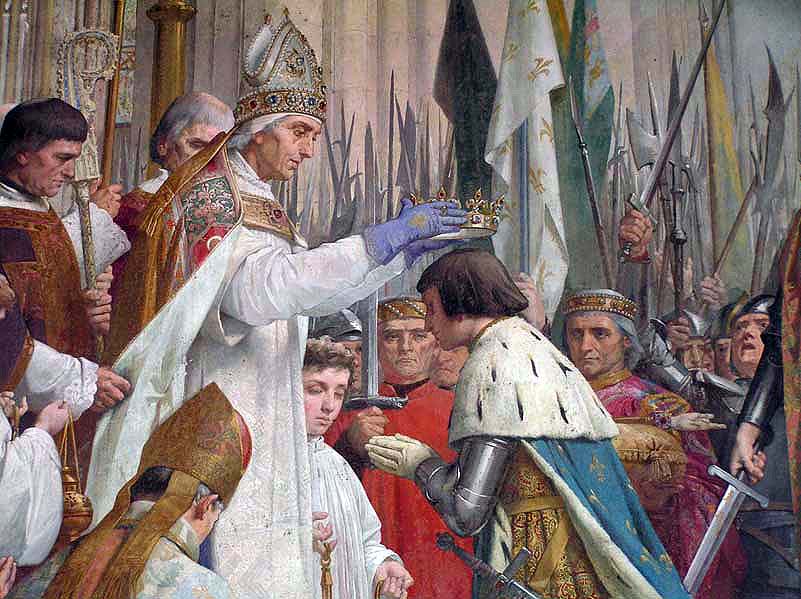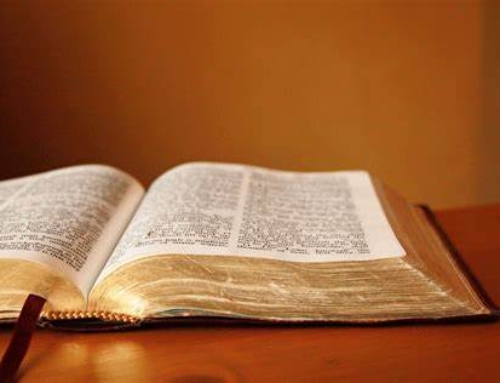Jules Gomes is a character one rarely sees in the silky old Church of England. He is a trouble maker. He is a kind of Luther for the Church of England–a rebel against the smooth establishment and the suave unctuousness of the Anglican hierarchy. He blogs at Rebel Priest and writes today about the absolute power that is held by Church of England bishops.
The Church of England hierarchy are going through their own long Lent at the moment and being investigated for their own cover up of historic sexual abuse accusations. We are seeing there some of the same incompetence, self serving, cover ups and dismissal of abuse victims and their accusations against deviant clergy.
As we are supposed to have learned in the Catholic Church, the systems of power enabled croneyism, nepotism, financial corruption and sexual misbehavior and then enabled it to be covered up, papered over and ignored.
If current stories from Rome are to be believed, however, our lessons have quickly been forgotten. Stories of homosexual orgies, drug fests, pornography, financial fraud and mismanagement at the highest levels continue to rock our church.
What is the problem? It is staring us in the face: men with great power and wealth are in positions where they are accountable to no one.
Gomes makes the interesting observation that the original quote, “Power corrupts and absolute power corrupts absolutely” was originally penned in reference to bishops. In 1887 the British thinker Lord Acton wrote to a bishop,
‘I cannot accept your canon that we are to judge Pope and King unlike other men, with a favourable presumption that they did no wrong. If there is any presumption it is the other way against holders of power, increasing as the power increases. Historic responsibility has to make up for the want of legal responsibility. Power tends to corrupt and absolute power corrupts absolutely. Great men are almost always bad men, even when they exercise influence and not authority: still more when you superadd the tendency or the certainty of corruption by authority. There is no worse heresy than that the office sanctifies the holder of it.’
The Church of England bishop is accountable to no one. There is no system of checks and balances. One Anglican diocesan bishop has admitted to me, “I am accountable to no one.” In the present enquiry Archbishop of Canterbury Justin Welby has said he has no power over the diocesan bishops. Gomes points out that neither do the Archbishops of Canterbury and York have anyone to whom they are accountable. At the same time, the bishop’s employees and clergy are definitely subservient. Gomes quotes one of the victims of episcopal abuse, “the bishop told me he had the power to give me everything I wanted in life and the power to take it all away.” Indeed.
Gomes is an outspoken Anglican priest, and he reveals something about church structures which applies not only in the Anglican Church, but in all religious systems, and this is the assumption of innocence. Yes, yes, I know that in a legal sense everyone must be innocent until proven guilty, and I know in charity we must always give the benefit of the doubt and do our best to think the best and not the worst. I know we mustn’t give credence to mere gossip and we must try hard to forgive the human faults of others.
That’s all well and good.
But when does this assumption of innocence itself become a kind of abuse? It seems in the Catholic Church too that many people are in one extreme camp or another: either they trust the clergy and bishops almost to the point of adoration or they are totally critical and suspicious of the clergy.
I am aware, as a pastor of a parish, for example, that I really do wield extraordinary power over my employees and over the finances. The bishop holds even more power, and there is no in built system of checks and balances. The people have no real say in the governance of the parish, nor do they have any real say in the governance of the diocese.
Isn’t this the core problem in the sexual abuse crisis which swamped the Catholic Church–and which is still reverberating? Bishops and clergy belonged to a self referential group. I sometimes call it the Catholic Clergy Closed Club. The discipline of celibacy contributes to the exclusive nature of the club and the guys look out for each other. There should be, of course, the virtue of loyalty, but when does that virtue of loyalty turn into nepotism, croneyism and mutual protection and cover up?
Furthermore, this system is supported, for the most part, by the people. We all collude together in the assumption of innocence. We do this because we want to believe that our church is pure and our clergy and bishops are superheroes. While this is admirable in some respects, it is also a problem because we should be self critical.
What is the answer? Some would propose some new bureaucratic level of accountability or some administrative system of yet more paperwork and checks and balances.
I think the answer is simpler. First of all, we clergy must always remember that we are the servants of the servants of God and the higher we are in the hierarchy, the more we are called to give up everything in that service. Secondly, all of us, clergy and people alike, must pray for a keener conscience and a sharper awareness of our sinfulness and our capability of falling. We should have the attitude of the high wire or trapeze artist at the circus–always careful–always wary lest we take that fatal tumble.
If all of us had this attitude that was in Christ Jesus we would avoid the pitfalls of power that surround our clergy and our bishops.







Leave A Comment
You must be logged in to post a comment.